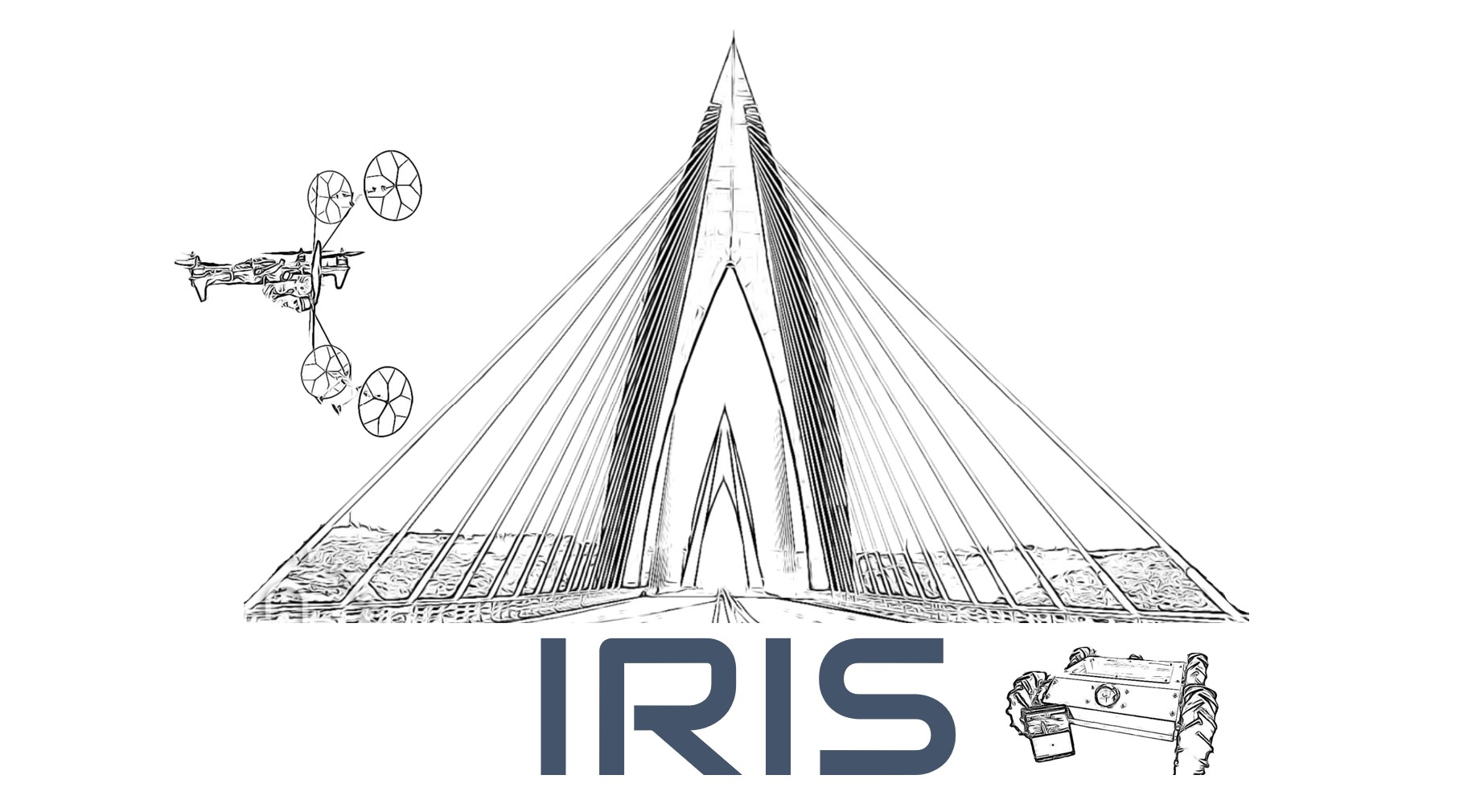The University of Cassino and Southern Lazio is organized in 5 Departments (Economics and Law; Civil and Mechanical Engineering; Electrical and Information Engineering; Human Arts and Philosophy; Human Science, Societies and Health) providing 14 BSc, 18 MSc and 1 dual degree, 4 MSc in English, and 5 PhD programs to about enrol 10,000 students.
Within the University of Cassino and Southern Lazio, the Department of Civil and Mechanical Engineering (DICeM) has the mission is to promote scientific research in all its forms and ensure the dissemination of relevant knowledges and technologies, pursuing excellence in research and teaching, activating interdisciplinary synergies. The scientific fields of reference are mechanical engineering, management, civil and environmental engineering, moreover they deal with basic subjects like physics and chemistry. The DICeM also aims at qualified employment, for its graduates and employees. Further, it ensures the coordination and development of projects of excellence at national and international level. Collaborations with both administrations and public and private companies are intended to promote high-level education and the territory development. The DICeM consists of 53 members, distributed across 23 Scientific-Disciplinary Sectors (SSD) and 12 laboratories.
As part of the University of Cassino and Southern Lazio, DICeM pursues the following specific objectives: continuous improvement in its research services, guaranteeing effectiveness, efficiency, and satisfaction of all interested parties; the technology transfer towards the territory, also by encouraging constitution of university start-ups and spin-offs. Degree Courses: Civil and Environmental Engineering; Industrial Engineering (Cassino and Frosinone). Masters in Civil Engineering; Environmental and Territorial Engineering; Management Engineering (Frosinone); Mechanical Engineering; Mechanical Engineering (in English).
Within the DICeM, the Laboratory of Robotics and Mechatronics develops theoretical and experimental methods for the analysis of mechanical behaviour, synthesis and functional design of mechanical machines and systems through the study of kinematics, statics, linear and non-linear dynamics, interactions with the environment and between material surfaces, automation control and identification. The typology of the mechanical systems considered is quite general: driving and operating machines, mechanical devices, mechanisms, transmissions and drives, automatic machines and robots, vehicles, transport and lifting systems, energy production systems, biomechanical systems, micro / nano components and systems.



